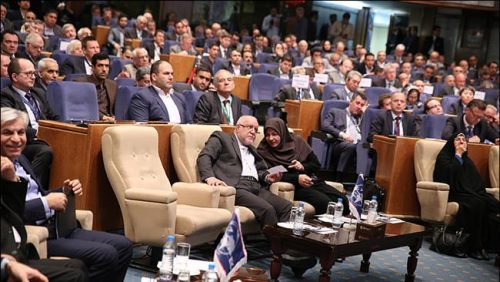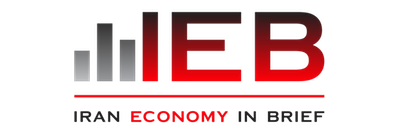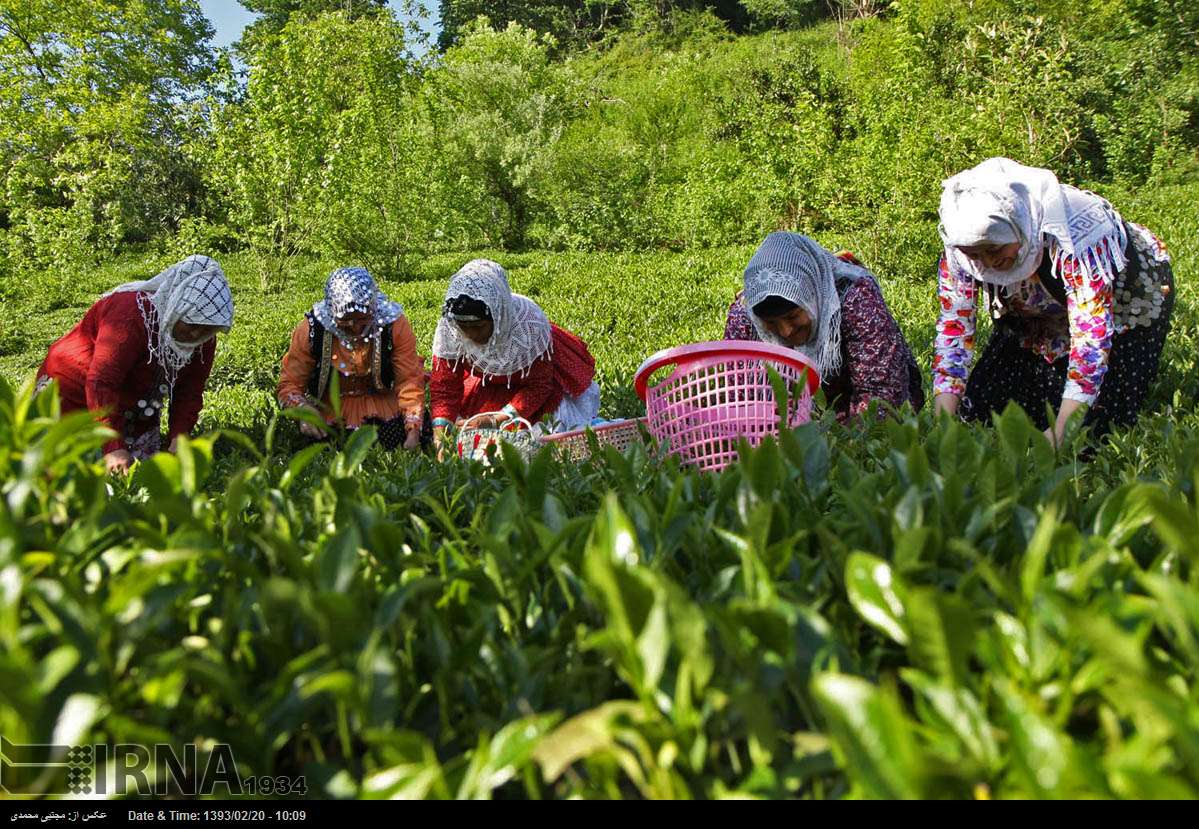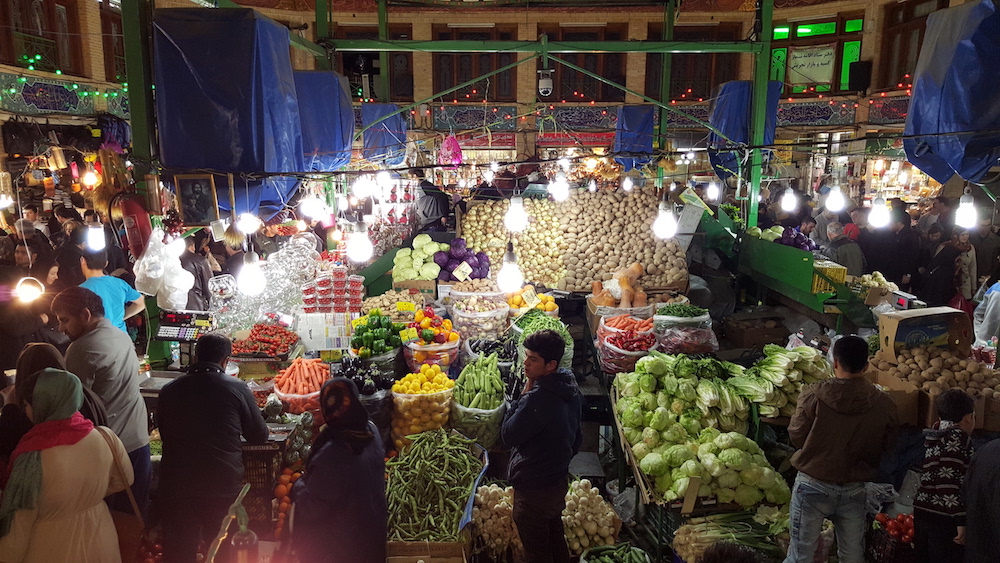
 13th Iran Petrochemical Forum
13th Iran Petrochemical Forum
In the opening ceremony of the Thirteenth Iran Petrochemical Forum (IPF), Bijan Zangeneh, Minister of Oil called the lifting of sanctions the start of a leap forward for the petrochemical industry.
Following the privatization policies in Iran, The Ministry of Oil and The National Petrochemical Company in Iran, do not carry any investment directly but their role is to get the private sector involved in new projects.
In the last Iranian fiscal year, the export of petrochemical products, worth nearly $10b, ranked number one non-oil export. Current production capacity of petrochemical products is 52 million tons according to Marzieh Shahdaee, CEO of National Petrochemical Company.
Read more about Iran Petrochemical Forum
“Enough fruit is produced domestically”, says Ministry of Agriculture
As the largest fruit producer in the Middle East, The Ministry of Agriculture bans the importation of any kind of fruit, apart from bananas, mangos, pineapples and coconuts, which are not produced sufficiently in Iran.
Deputy Minister of Agriculture, Mohammad Ali Tahmasebi, introduces the expansion of greenhouses as the priorities of the Government in the twenty-year outlook plan: “This year there are plans to add 500,000 hectares of greenhouses to the country”, says Mr. Tahmasebi.
Annually Iran produces more than 19 million tons of fruits in an area of 2.3 million hectares of gardens, reports the Ministry of Agriculture.
Read More about Agricultural plans in Iran
Sources: Ministry of Agriculture of Iran
Disabled exempted to pay car import tax
I.R. of Iran Custom Administration has issued new exemptions for two categories of people importing cars to Iran: disabled military veterans and disabled members of State Welfare Organization of Iran (Behzisti). Both groups will be exempt to pay taxes up to 300 million IRR (9,200 USD) on imported cars.
The importation tax on cars in Iran is somehow complicated; The “value of the car” is calculated as a sum of its price according to the price list of Custom Administration (no matter whether the car might have been bought at a lower price during a sale), the cost of transportation and the insurance.
To passenger cars with up to 2500 cc engine capacity, 40% tax will be applied to “the value of the car”. For luxury cars (at Custom Administration it means cars with more than 2500 cc engine capacity), 90% of tax will be applied. For commercial vehicles, the tax is between 15 up to 40 percent.
To the new total price, some 9% of value added tax will also be applied. At the end of the day, for many passenger vehicles, the tax is more than the car’s original price.
Source: I. R. of Iran Custom Administration
One-third of urban accommodated in unofficial places
The Director of the Urban Regeneration Committee at the Ministry of Roads and Urbanization, Nariman Mostafayee, said: “30% of the country’s urban population, equal to 20 million people, live either in areas with no urban planning permits or eroded accommodations.”
He admits the existence of 1000 ‘’unofficial’’ settlements across the country, which accommodate about 13 million people.
A research project on unofficial settlements has started as a pilot program in the region on Bukan, which is one of the most populated cities in West Azerbaijan Province.
Read More about Unofficial Settlements
Sources: Ministry of Roads and Urban Developments Official Reports



